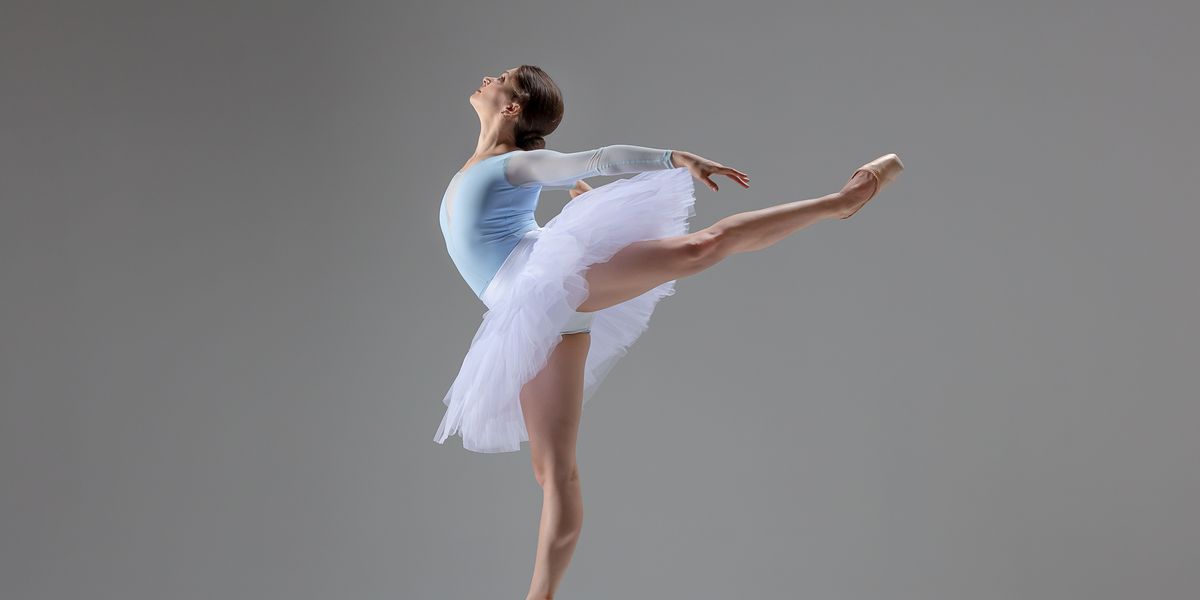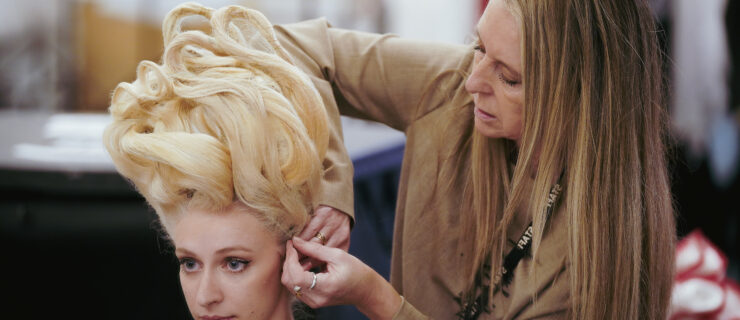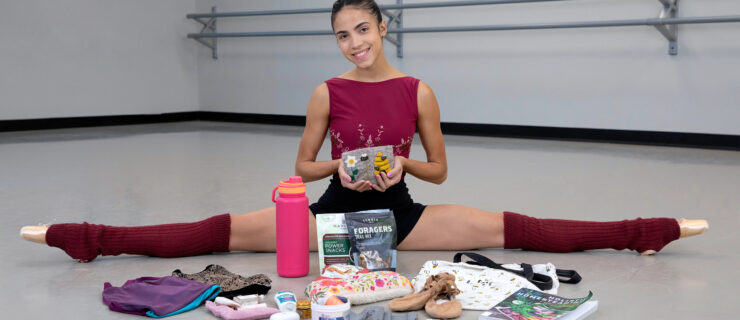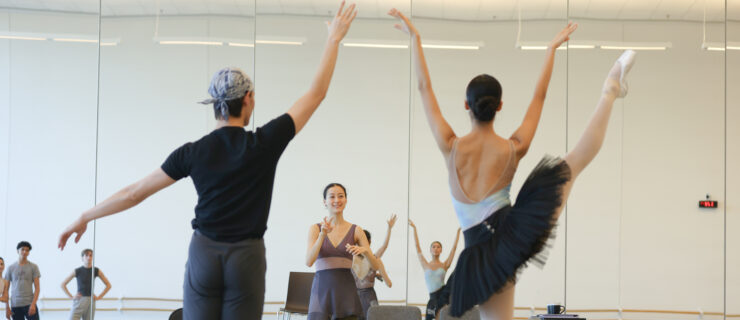"You Are Not a Failure": Kathryn Morgan's Advice for Dancers Who've Lost Roles Because of Their Weight
Editor’s note: Last week in a viral YouTube video, Kathryn Morgan shared that she decided to leave Miami City Ballet, where she was a soloist, after she was taken out of roles because of her body. In our Fall 2020 issue, we spoke with Morgan about the experience of losing a role, and she shared this advice.
On her first day at Miami City Ballet in 2019, Kathryn Morgan began rehearsing for the title role in George Balanchine and Jerome Robbins’ Firebird. After nine years away from professional ballet due to hypothyroidism and Hashimoto’s disease, it was a thrilling new chapter for the former New York City Ballet soloist. “When I first joined, I was told they loved that I was ‘different,'” says Morgan. “But, as the season went on, I started noticing that I was getting ignored in rehearsal.”
The day before casting went up for Firebird, Morgan learned she was being removed from the role due to her weight. “I was told that I wouldn’t represent the company well, that I would be an embarrassment. I was a size 2,” she says. “It was devastating.”

Morgan urges dancers in this situation to not let it define their self-worth or fall into disordered eating. “The artistic staff might have their preference, but it does not mean that you are a failure,” she says. “It can be very difficult, but keep moving forward.”
Find a support system; Morgan, for instance, leaned on her parents and her boyfriend in the weeks that followed. She also refocused her energy into judging an upcoming Youth America Grand Prix competition and creating a YouTube video, about body image and ballet, in which she talked about losing Firebird. “I can’t move forward by focusing on myself. I move forward by focusing on others,” she says.
Moving forward can also mean moving on. For her own mental and physical health, Morgan decided to leave Miami City Ballet at the end of the 2019–20 season. (She now lives in Salt Lake City, where she’s planning the next phase of her performance career.) Being taken out of Firebird reinforced truths she already knew: No role defines you as an artist or person, and no part is worth sacrificing your health for. “I ask young dancers, ‘What if you starve yourself for a role?’ The show will soon be over, but the consequences of an eating disorder will continue afterwards. Your value and self-worth are not determined by a role. A friend once told me, ‘You are a human being who dances, not a human dancer.”
Morgan now sees a greater purpose in her experience. “I believe the reason I went through this is to help others,” she says. “I’ve had young dancers at YAGP come up to me, with tears in their eyes, thanking me for sharing my story. Helping others was worth losing that role.”







